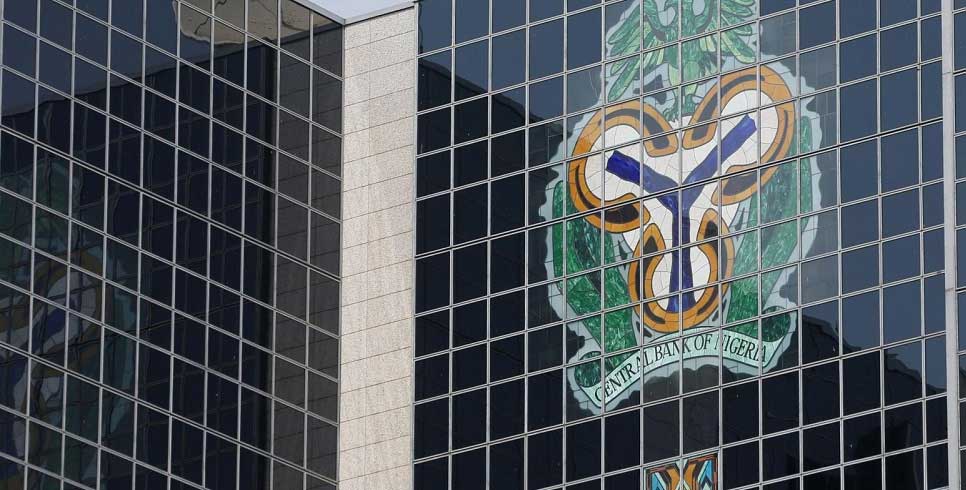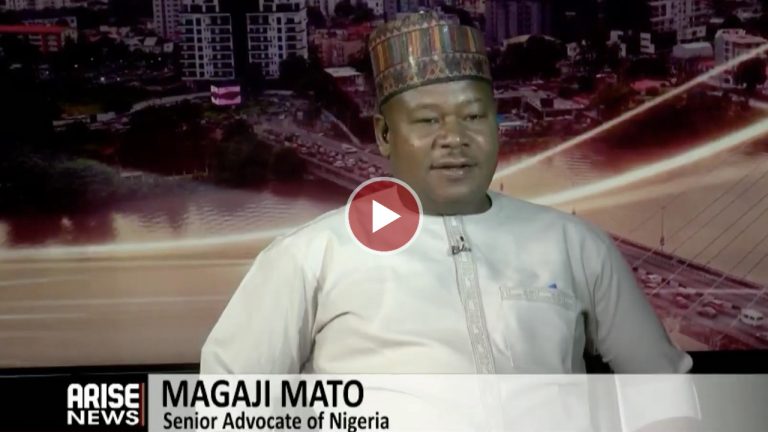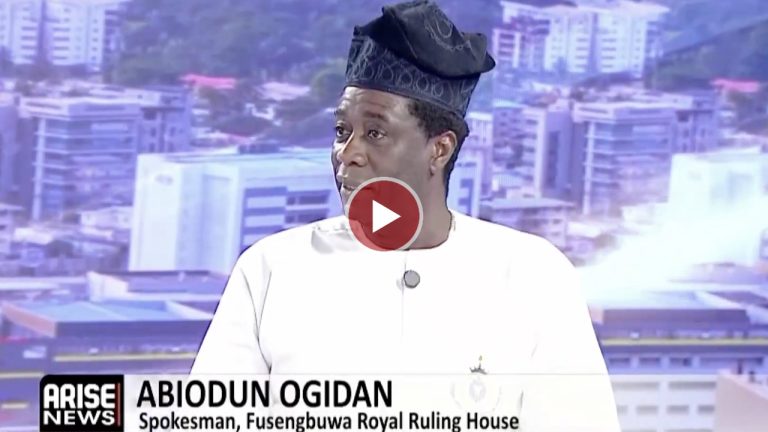
Stronger FX inflows, Eurobond issuance, and easing inflation lift economic outlook as analysts eye possible lending-rate cuts.
Nigeria’s foreign reserves have surged to more than $46 billion, marking the country’s strongest position since 2018, according to the Governor of the Central Bank of Nigeria (CBN), Yemi Cardoso.
Cardoso, represented by the Deputy Governor in charge of Economic Policy, Muhammad Abdullahi, revealed the milestone at the opening of the Monetary Policy Department’s 20th anniversary colloquium held at the CBN headquarters in Abuja.
He explained that the current reserve level is sufficient to cover over 10 months of imports, underscoring what he described as a major step toward restoring macroeconomic stability.
Abdullahi also hinted that lending rates could begin to ease in the coming months as inflation slows, a development that could expand credit access and attract fresh investment into the economy.
Latest figures from the CBN show that the naira weakened slightly by 0.4 percent at the Nigerian Foreign Exchange Market (NFEM), trading at N1,448.03 per dollar on Monday, compared to N1,442.43 last Friday.
However, in the parallel market, the currency appreciated modestly, closing at N1,455, up from N1,457 at the end of last week.
Officials attribute the reserve growth to renewed foreign exchange inflows, including proceeds from the federal government’s Eurobond issuance. October 2025 also recorded the highest FX inflows since May, buoyed by improving investor confidence and relative macroeconomic stability.
Despite the positive momentum, Foreign Direct Investment (FDI) dropped by 25 percent month-on-month to $222 million, reflecting ongoing structural issues such as insecurity and policy inconsistencies that continue to discourage long-term investors.



